
Medical Surgeries
Cystectomy
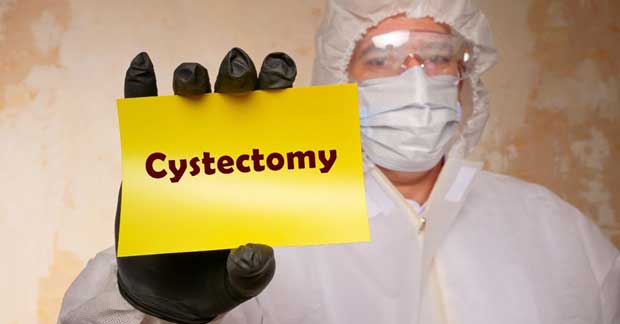

Cystectomy is a surgical procedure that involves the removal of the urinary bladder. It is most commonly performed to treat various medical conditions, including bladder cancer. Depending on the specific case and the extent of the disease.
different types of cystectomies:
Partial Cystectomy: In this procedure, only a portion of the bladder is removed. It is typically done when a patient has a small localized tumor in the bladder, and the rest of the bladder can be preserved.
Radical Cystectomy: This is a more extensive surgery in which the entire bladder, nearby lymph nodes, and sometimes other adjacent structures (such as the prostate in men or the uterus and ovaries in women) are removed. It is usually performed in cases of aggressive bladder cancer or when the cancer has spread beyond the bladder.
After a radical cystectomy, a urinary diversion procedure is often necessary to create a new way for the body to eliminate urine. The most common types of urinary diversion are the creation of a urinary ileal conduit (a small segment of the small intestine is used to create a passage for urine to exit the body through a stoma on the abdominal wall) or a neobladder (a new reservoir for urine is constructed using a segment of the small intestine and connected to the urethra to allow for more natural urination).
Cystectomy is a major surgical procedure with potential complications, and the choice of the type of cystectomy and urinary diversion method depends on various factors, including the patient's overall health and the stage of the disease. It is important to discuss the risks, benefits, and alternatives with a medical professional when considering cystectomy as a treatment option.
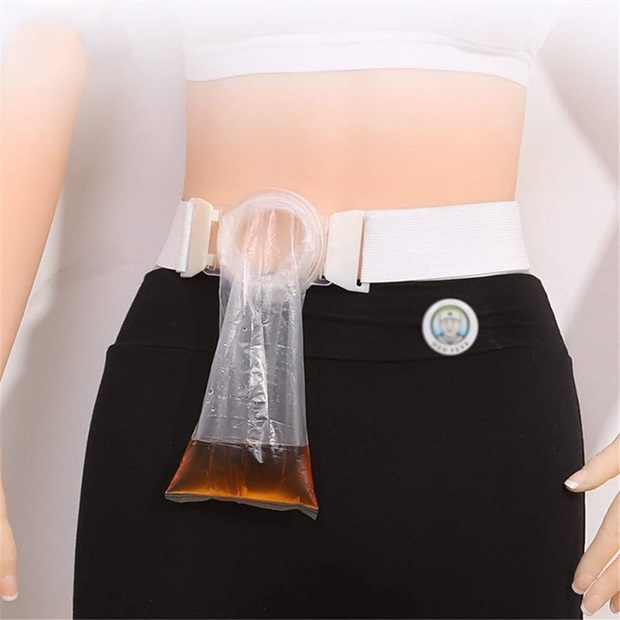

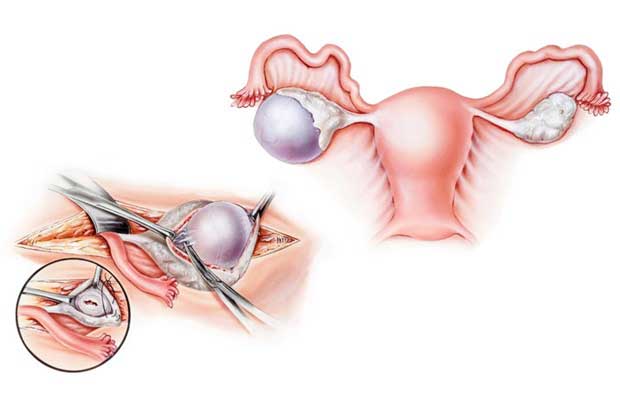

Before Cystectomy:
Pre-operative evaluation: You'll typically undergo a thorough medical evaluation and tests to assess your overall health and suitability for surgery.
Discussion with the surgeon: Talk to your surgeon about the procedure, potential risks, and expected outcomes. Make sure you understand what to expect.
Medication adjustments: Your healthcare provider may adjust or discontinue certain medications you're currently taking.
Bowel preparation: In some cases, you may be asked to follow a specific diet or use laxatives to empty your bowels before the surgery.
Emotional support: Preparing for surgery can be stressful. Reach out to friends, family, or a counselor for emotional support.
After Cystectomy:
Hospital stay: Most patients require a hospital stay after cystectomy. The length of stay varies depending on the type of surgery and individual recovery.
Pain management: You'll be given pain medication to manage discomfort after the surgery.
Catheter: You will have a urinary catheter in place to drain urine from the body. It is typically left in for a period after surgery.
Stoma care (for ileal conduit or colostomy): If you have a stoma, you'll need to learn how to care for it. A stoma is a surgically created opening for urine or feces to exit your body into a collection bag.
Wound care: Follow your surgeon's instructions for caring for any incisions or wounds. Keep the surgical site clean and dry to prevent infection.
Medications: Follow your doctor's instructions for any prescribed medications, including antibiotics or pain relievers.
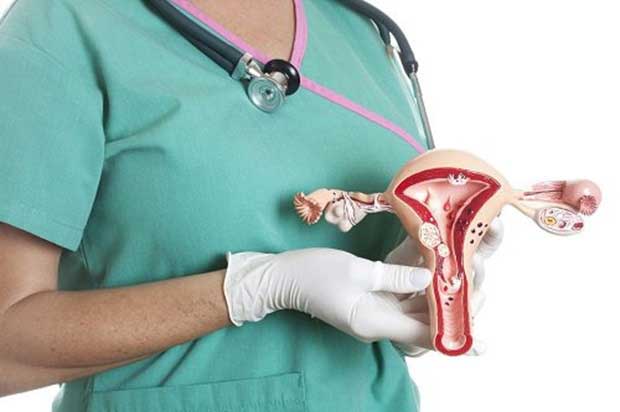

Mobility: Start with gentle activities like walking as soon as your healthcare team allows. This helps prevent complications and aids in your recovery.
Support and counseling: You may need emotional and psychological support during your recovery. Many individuals find it helpful to speak with a counselor or support group.
Follow-up appointments: Attend all post-operative follow-up appointments as scheduled to monitor your progress and address any concerns.
Diet and nutrition: Initially, you may be on a liquid or low-fiber diet, and your diet will be gradually advanced as you recover.
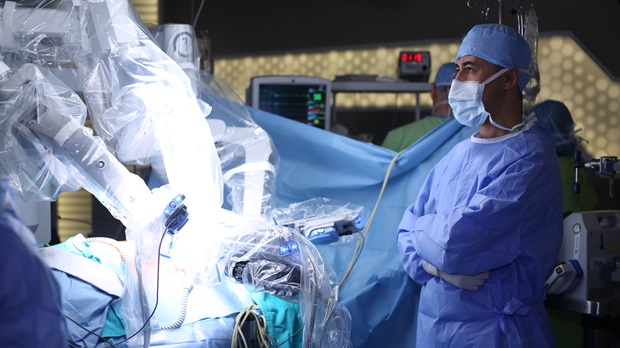

Why Iran:
Iran, like many other countries, has the medical infrastructure and expertise to perform cystectomy, which is a surgical procedure to remove the bladder. There are several reasons why Iran may be considered suitable for cystectomy:
Skilled Medical Professionals: Iran has well-trained urologists and surgeons who are experienced in performing complex surgical procedures, including cystectomy. Many of them have received training and education in reputable medical institutions both in Iran and abroad.
Advanced Medical Facilities: Major cities in Iran have modern and well-equipped hospitals and medical facilities that can provide the necessary infrastructure for performing cystectomy surgeries. These facilities often have state-of-the-art surgical suites and equipment.
Cost-Effective Healthcare: Medical procedures in Iran can be more affordable than in many Western countries, making it an attractive option for individuals seeking cost-effective medical care, including cystectomy.
Medical Tourism: Iran has become a destination for medical tourism, and some hospitals actively cater to international patients. This has led to an increase in the quality of care and services provided to foreigners seeking medical treatment in the country.
Research and Innovation: Iran has a strong tradition of medical research and innovation, with urologists and medical professionals actively contributing to advancements in the field of urology, including the treatment of bladder conditions.
Post-Operative Care: Iran offers post-operative care and rehabilitation services that can be crucial in the recovery process after a cystectomy. This includes follow-up appointments, physical therapy, and counseling if needed.
It's important to note that the suitability of any country for a specific medical procedure, such as a cystectomy, depends on various factors, including the patient's individual medical needs and circumstances. Patients should consult with their healthcare providers and conduct thorough research to determine the best option for their specific case. Additionally, it's essential to consider the legal and logistical aspects of traveling for medical treatment, such as obtaining the necessary visas and understanding the healthcare system in the destination country.
Our services include:
![]() our online services include: quotes and consultation
our online services include: quotes and consultation
![]() Planning the highest word-level medical trips and quality hospitals and medical centers according to the patient's request and budget.
Planning the highest word-level medical trips and quality hospitals and medical centers according to the patient's request and budget.
![]() Appointing treatments by the most skilled and experienced doctors.
Appointing treatments by the most skilled and experienced doctors.
![]() Airport pick-up/drop off, check-ups, accompanying translator, book hotel (for patients and their families)
Airport pick-up/drop off, check-ups, accompanying translator, book hotel (for patients and their families)
![]() Pre-hospitalization / post-hospitalization care services
Pre-hospitalization / post-hospitalization care services




All-Inclusive Medical Travel Packages
based on your budget, our team will assist you in choosing the best hotels, doctors, and medical centers. Our packages include:
 Airport Pickup Services
Airport Pickup Services Airport Dropoff services
Airport Dropoff services Hotel
Hotel Ticket
Ticket visa
visa translator
translator Transfer
Transfer SIM Card
SIM Card Sightseeing
Sightseeing
 why Iran
why Iran
Patients may choose to have abdominoplasty (commonly known as a tummy tuck) in Iran for a variety of reasons
Cost, Quality of Care, Privacy and Discretion, Combined Tourism, no Waiting Times
![]()
Fotros is an Iranian health tourism company with a professional team consisting of a support team and word-level doctors in medical and cosmetic surgeries like Neurosurgery, Rhinoplasty, Breast cosmetic surgeries, Liposuction, tummy tuck, etc.
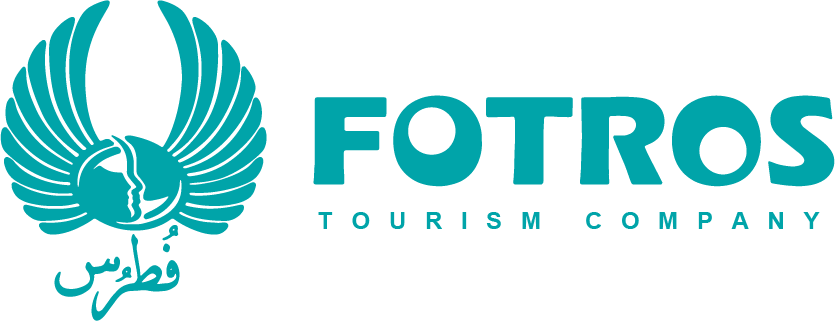









 why Iran
why Iran